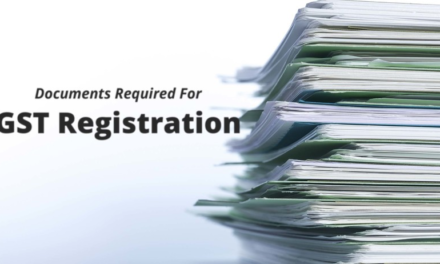While conducting a session for women during the International Women’s week at a corporate, I realized that most of us women are not sure what returns they should be looking for in investments. This is a basic fundamental of any investment which I would like all my readers to know and understand for sure.
The ‘Rate of return’ is the return that we get from the investment plan. The Rate is specified by the product offering in terms of Interest earned/ dividend policy or by word of mouth in a product recommendation by an advisor. This figure can be easily calculated in Excel by entering the appropriate figures for the Rate function. But what does it actually mean for me!
If an investment product, say a Bank Fixed Deposit quotes a rate of interest (ROI) of 8.25% to be paid annually, is that the return that I get? …… yes it is, but practically NO!
The main aspect to be looked at when figuring out returns is taxation.
Any income that we earn in a year is taxable. Our salaries, interest earned, dividend or any profit that we make by selling an asset is an income for us. This is taxed as per the tax brackets specified by the Income Tax authorities for the financial year. The first thing I should know is which tax bracket I fall into! This is based on the quantum of income I earn in that year. Following is the grid for income tax for FY 2014-15 for individuals where age is below 60 years.
 The returns that I ‘actually’ make are dependent on the tax bracket that I fall in. Calculating this is quite simple- first, multiply your tax bracket with the proposed return. Now deduct the figure that you get from the proposed return. This would be the actual returns that you’ll be making! Let me explain it with an example. For a Fixed Deposit quoting at ROI of 8.25% –
The returns that I ‘actually’ make are dependent on the tax bracket that I fall in. Calculating this is quite simple- first, multiply your tax bracket with the proposed return. Now deduct the figure that you get from the proposed return. This would be the actual returns that you’ll be making! Let me explain it with an example. For a Fixed Deposit quoting at ROI of 8.25% –
*3% education cess added to the tax rate
This will be the ‘actual’ returns I will be making by investing in this FD. These actual returns are also called the ‘effective’ returns. I should calculate the returns I will be making post tax on a particular investment and only then, choose to go ahead with it when compared to other products available in the market.
But here is the catch. Not all investment products are taxed as per your tax brackets. Tax free bonds issues have no tax implications at all. All Equity investments for more than one year are tax free. Dividends earned on Mutual funds are tax free in the hands of investors. Not wanting to complicate things here, I will give you better understanding of these products and their tax implication subsequently.
So friends before you invest your money in a Bank Fixed Deposit/ property / mutual funds or in any other investment product, do check the effective returns you will be making on that investment and if it actually worthwhile!






